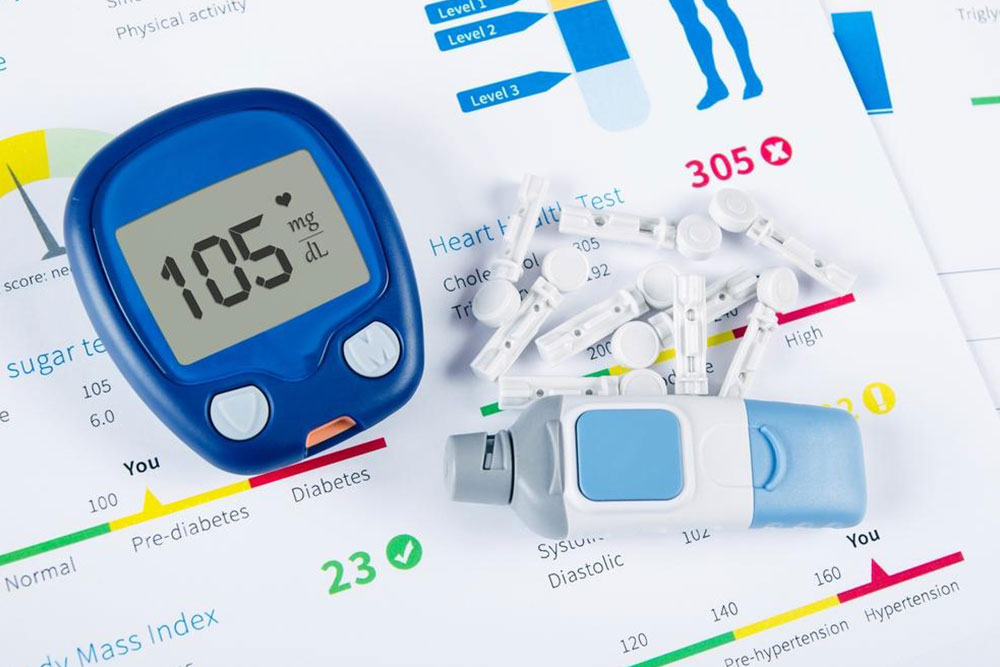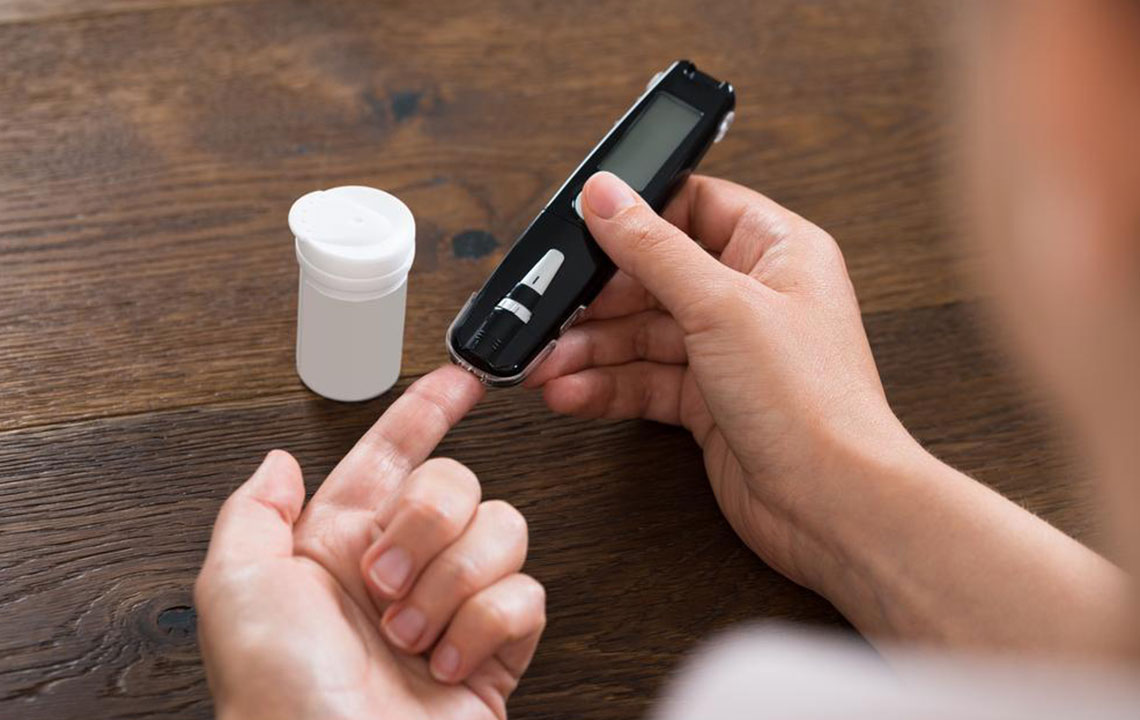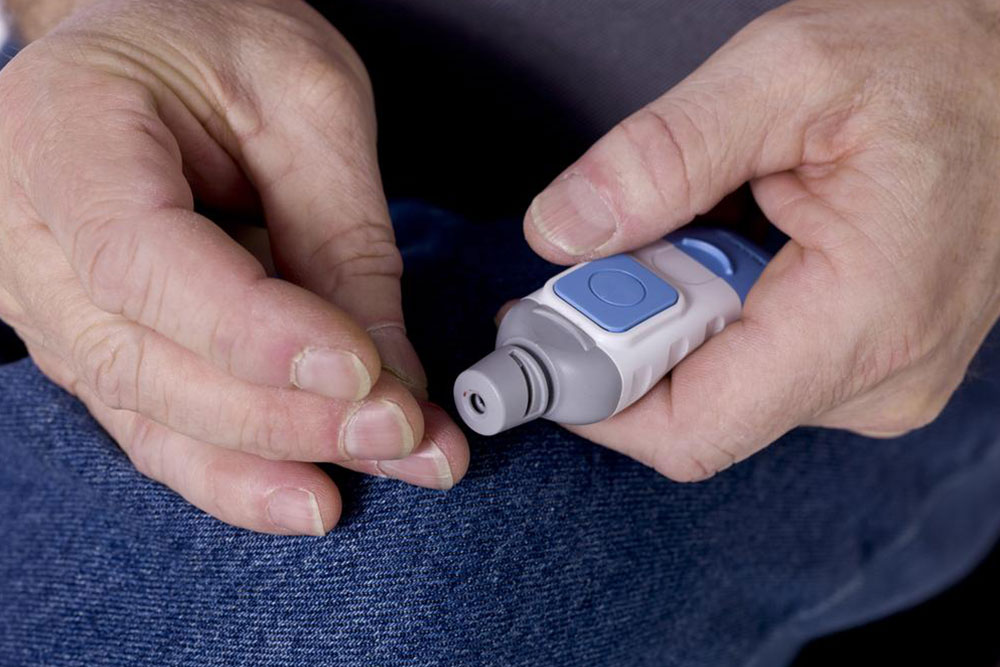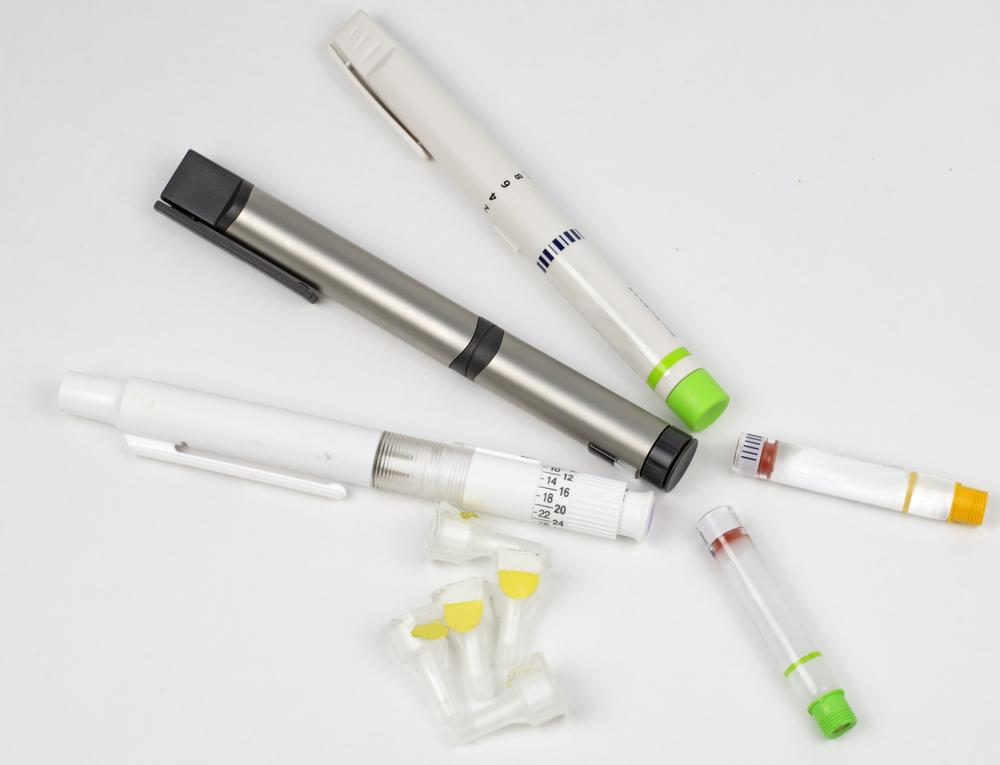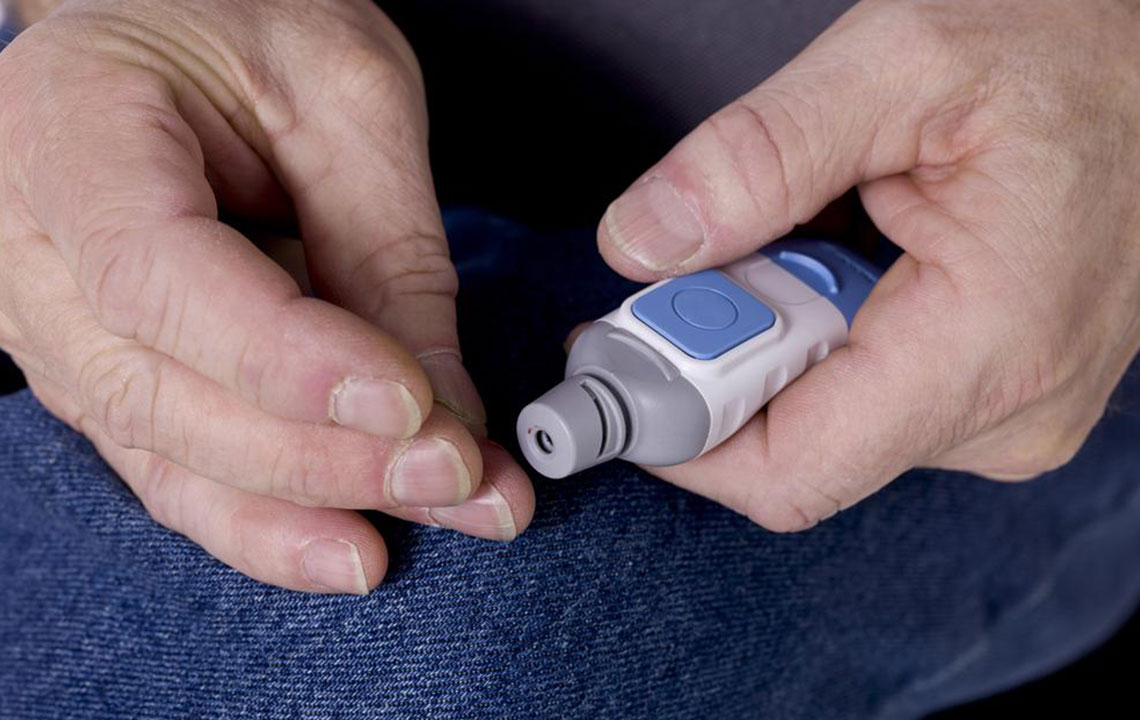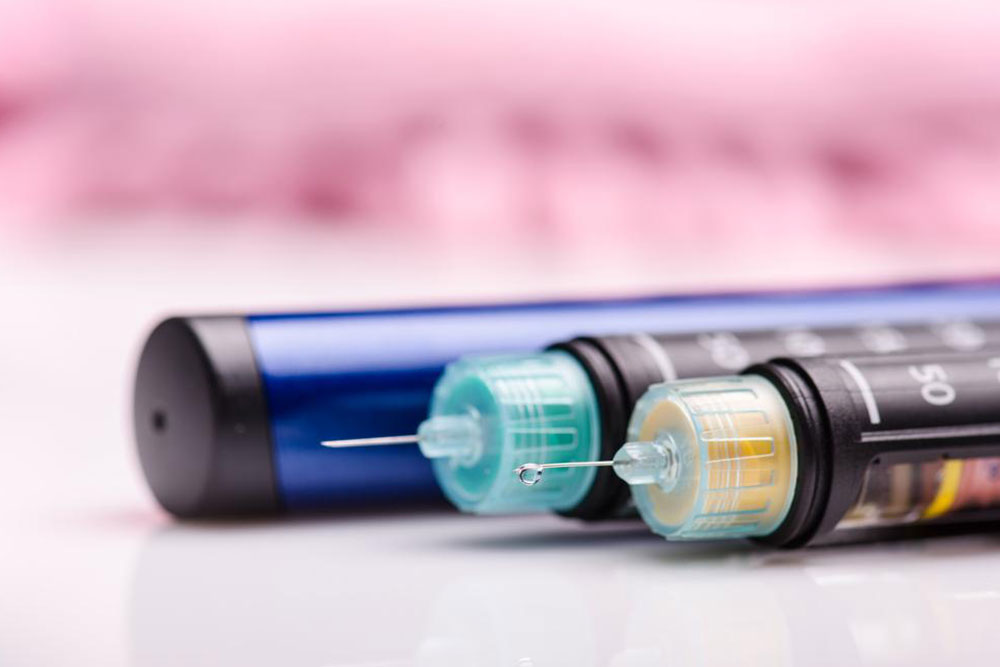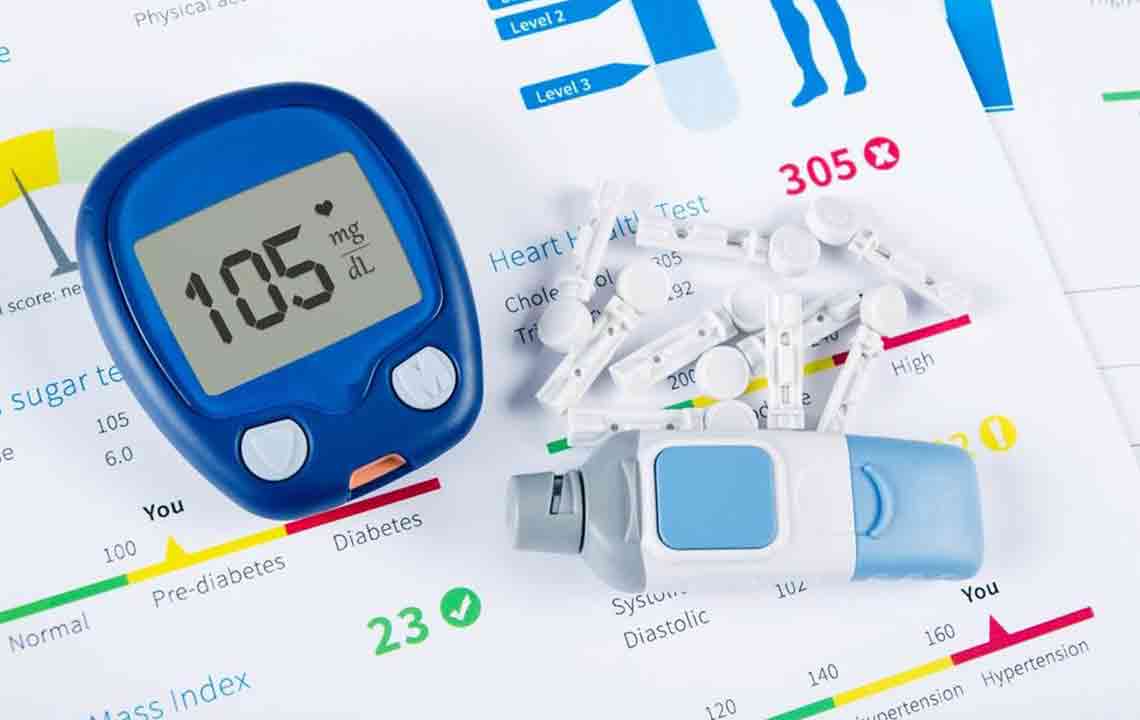The Role of Blood Glucose Testing in Managing Diabetes Effectively
Regular blood glucose testing is vital for effective diabetes management. It helps optimize diet, assess medication efficacy, prevent complications, and prepare for surgery. Monitoring promotes better health outcomes and quality of life for diabetics through personalized care and early detection of issues.
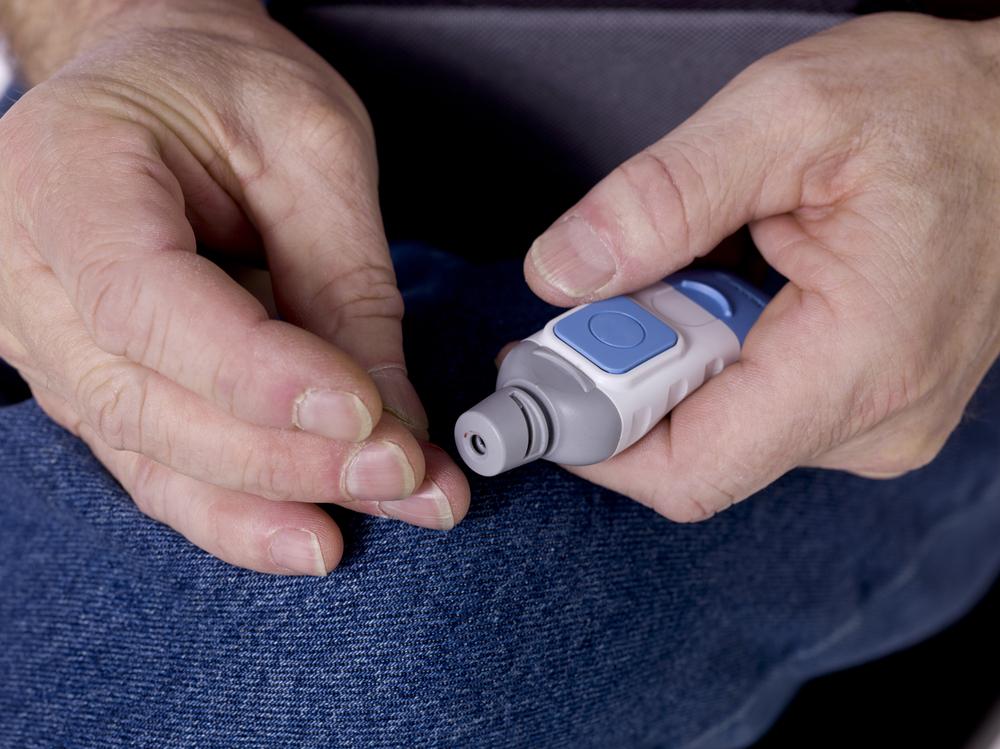
Understanding How Blood Glucose Monitoring Supports Diabetic Care
Managing diabetes can be complex due to its chronic nature and individual impact. Regular blood glucose testing stands out as one of the most effective strategies to control the condition. Whether you have type 1 or type 2 diabetes, tracking your blood sugar levels helps you make informed decisions about diet, medication, and lifestyle. Consistent monitoring allows for personalized adjustments, minimizing health risks and promoting overall well-being.
Diet Optimization
Blood glucose levels provide insight into how different foods affect your health. Tracking results enables you to identify foods that cause spikes, allowing for tailored dietary choices. For example, if dairy increases your blood sugar, you can limit its intake or consume it less frequently. A disciplined diet based on glucose readings can also contribute to weight loss and better long-term health.
Medication Effectiveness
Regular testing helps determine whether your diabetes medications are effective. If medicines are not maintaining target glucose levels, you can consult your healthcare provider to adjust your treatment plan or consider insulin therapy.
Health Preservation
Untreated or poorly managed diabetes can lead to complications like vision loss, heart disease, nerve damage, kidney issues, and skin infections. Routine blood sugar monitoring is crucial for early detection and prevention, supporting a healthier life.
Surgical Readiness
Many surgeries require stable blood glucose levels to prevent complications, as uncontrolled sugar levels can impair healing and increase infection risks. Proper management before surgery minimizes risks and promotes faster recovery.
Note:
Our blog offers a wide range of insightful and practical information across various topics. While we strive for accuracy through thorough research, readers should view our articles as educational resources rather than definitive advice. We are not responsible for any discrepancies or data inaccuracies found elsewhere. Additionally, some offers or schemes may not be covered on our site but could be beneficial for you.

